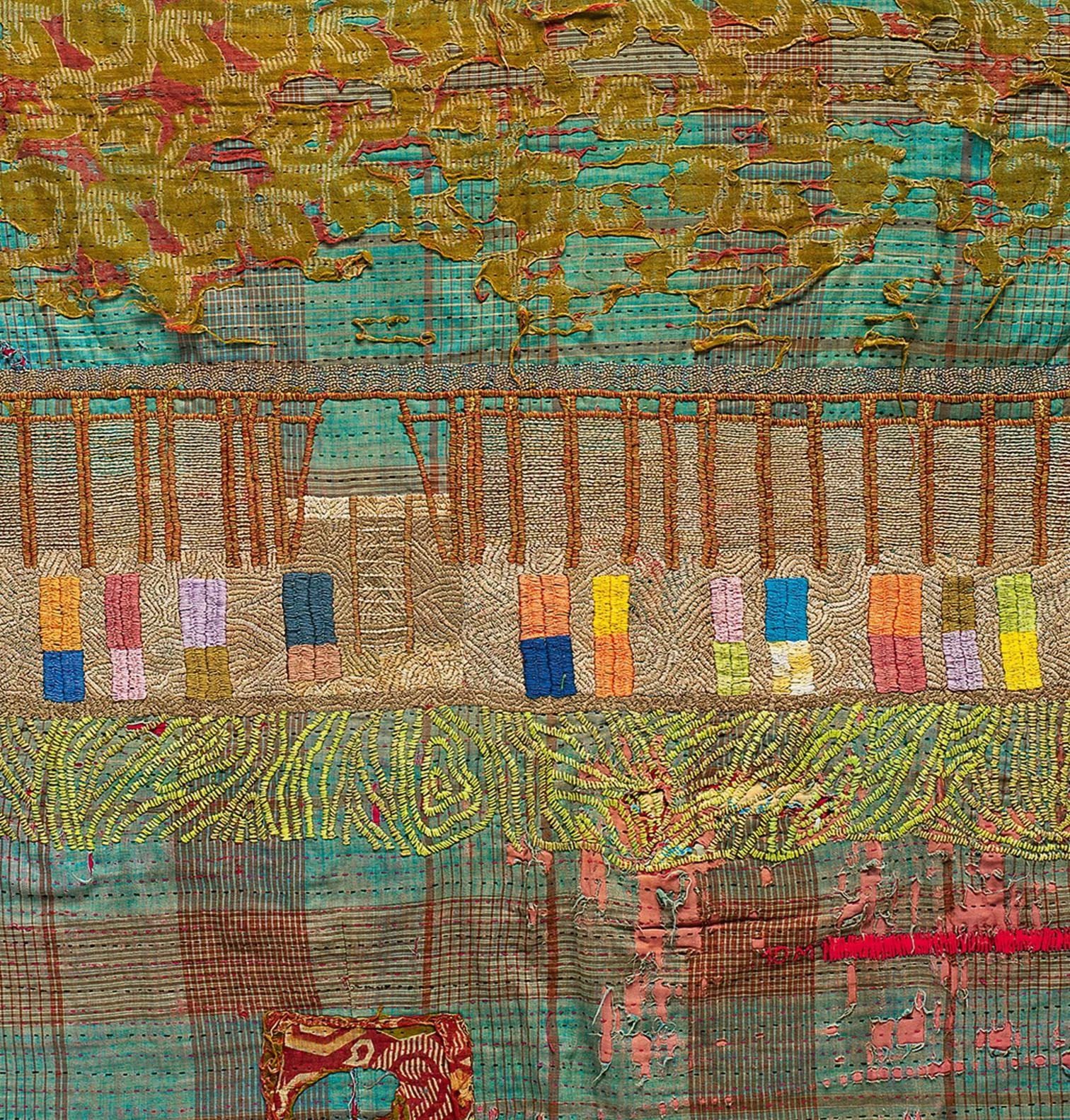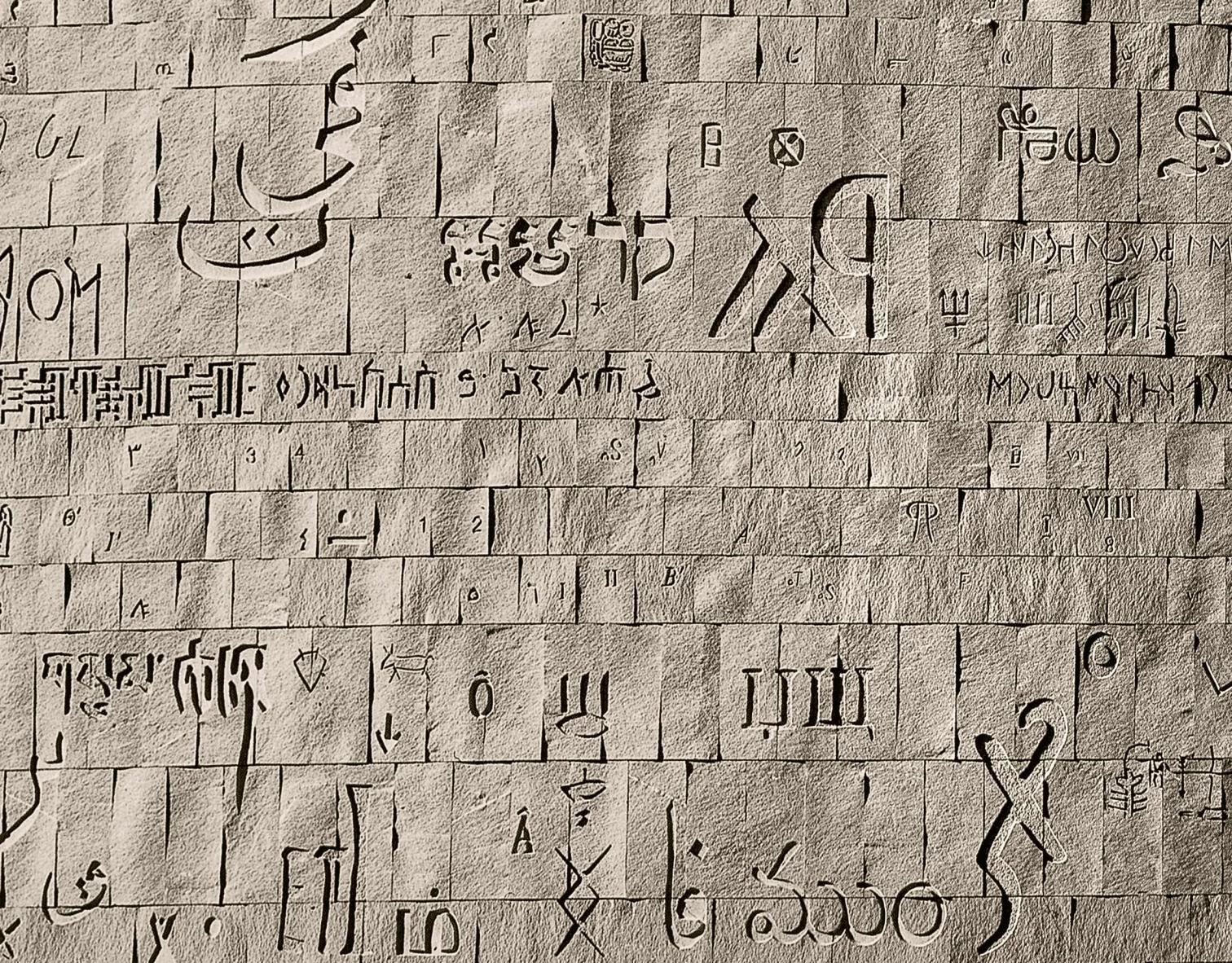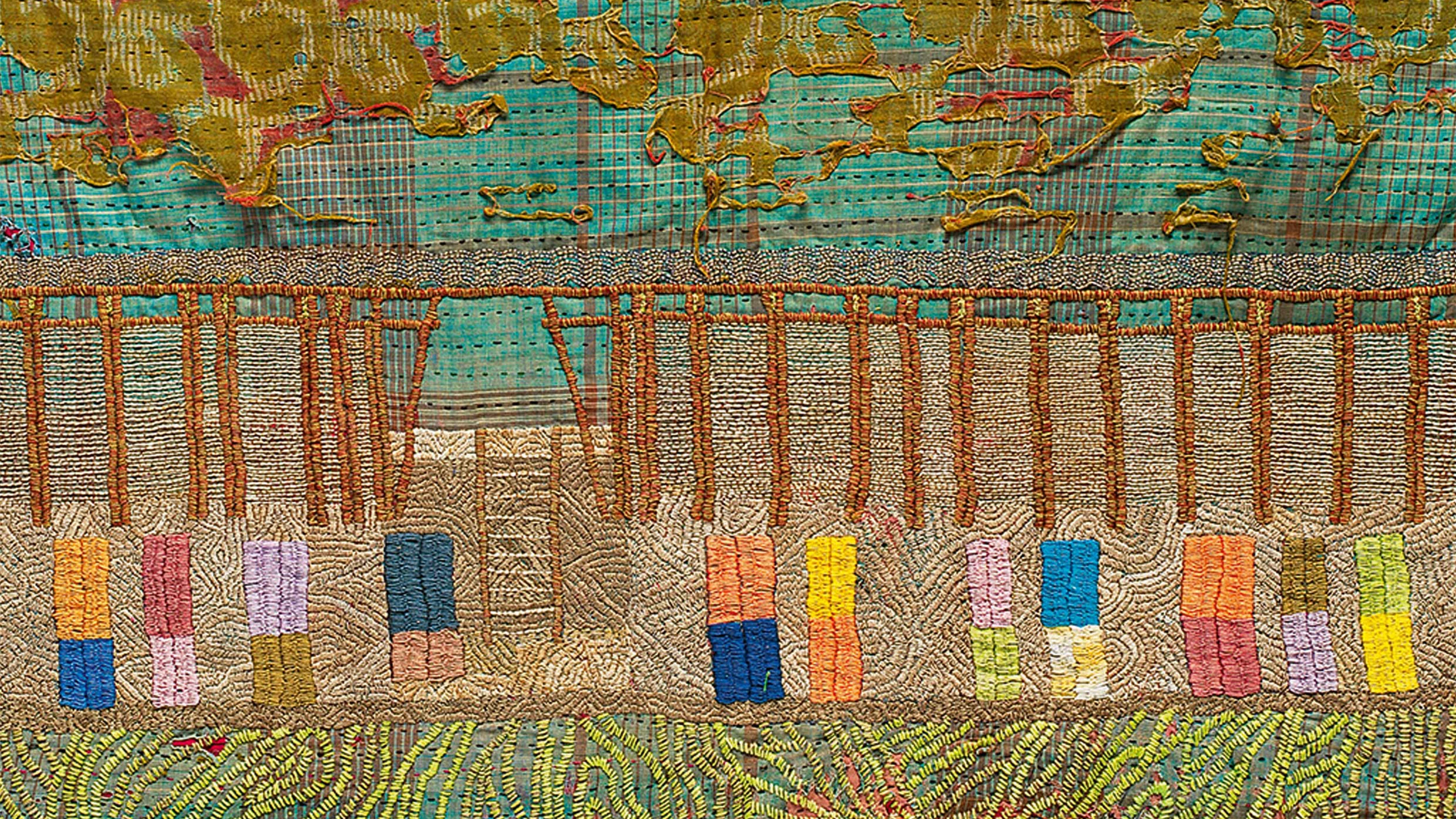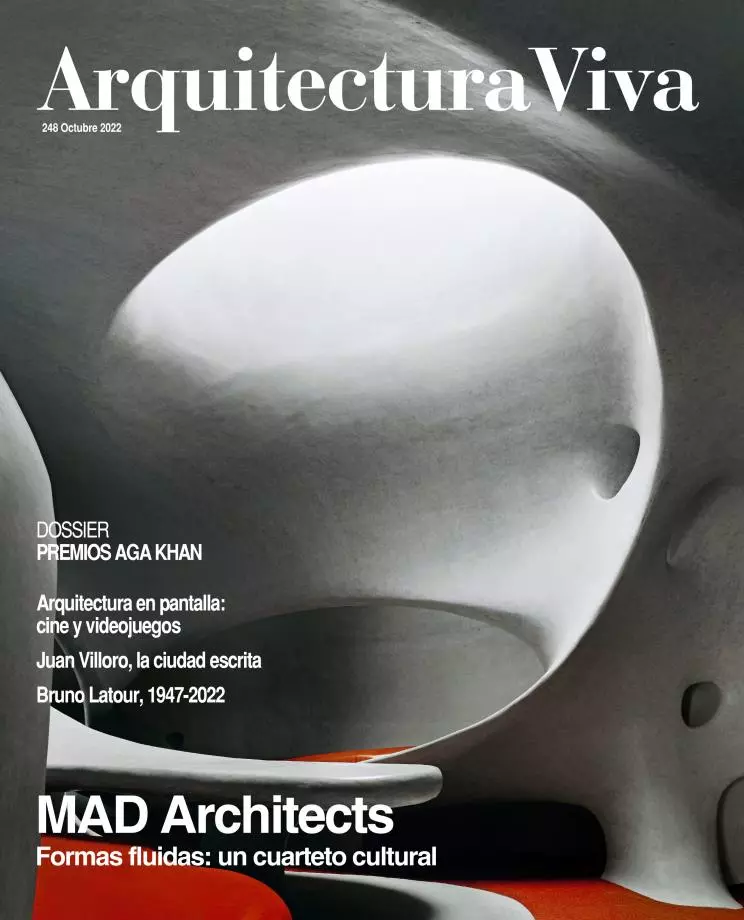Islam without Orientalisms
Aga Khan Award for Architecture 2022

Aga Khan Award 2007: Anna Heringer, METI School, Rudrapur, Bangladesh. View of the building embroidered in sari
All prizes are questionable, as is the very concept of a ‘prize.’ Created to recognize the talent and achievement of an author or the efficiency and beauty of a building, architecture awards tend to end up being partisan tools of promotion or predictable instruments of media hype. But accolades do sometimes serve their more useful purpose, which is not so much to acknowledge already anointed and respected authors as to draw attention to anonymous talent.
Unveiling unknown-of talent – in an X-ray of the Islamic world’s complex geography – has been the aim of the Aga Khan Award since its inception and first edition in 1977. Though steered and funded by a dynasty that is both religious and political in nature, and though its ideological mission is to uphold Islamic culture, the Aga Khan Award is ecumenical in spirit and has managed to make West and East meet beyond the sphere of persistent orientalisms. Candidates have been local and international architects alike; the juries have been a mix of leading architects and historians; and the values of aesthetic upliftment and ethical commitment have been endorsed in equal measure. So shows the list of buildings that have been awarded over these past forty-five years, with its share of careful restorations of heritage sites (Al-Aqsa Mosque, Mostar Bridge, Old City of Sana’a), projects of strong social or environmental interest (Kampung Improvement Programme of Jakarta, Rehabilitation of the Old City of Shibam, Reclamation of the Wadi Hanifa Wetlands in Riyadh), and works undertaken in accord with stylistic modernity (Institut du Monde Arabe in Paris, Library of Alexandria, Madinat al-Zahra Museum).
Arquitectura Viva wishes to honor the valuable, eclectic legacy of the Aga Khan Awards through a presentation of six works selected in the latest cycle, located in different landscapes of the Islamic world and addressing a broad range of social, heritage-related, and environmental problems: Urban River Spaces in Jhenaidah (Bangladesh) by Co.Creation Architects, a delicate but pragmatic project in a socially and environmentally precarious environment; Community Spaces in Teknaf (Bangladesh) by Hassan, Fatmi, and Ben Mostaza, which addresses the needs of Rohingya refugees; Banyuwangi International Airport in Blimbingsari (Indonesia) by Andramatin, carried out with great respect for the Southeast Asian landscape; Argo Contemporary Art Museum in Tehran (Iran) by ASA North, a contribution to the cultural modernization of an ancient city; the Niemeyer Guest House renovation by East Architecture Studio, a project in conflictive Tripoli (Libya); and the Kamanar Secondary School in Thionck Essyl (Senegal) by DAW Office, built with local materials and empathy for the community of a beautiful spot in West Africa.

Aga Khan Award 2004: Snøhetta, Alexandrina Library, Alexandria (Egypt)






